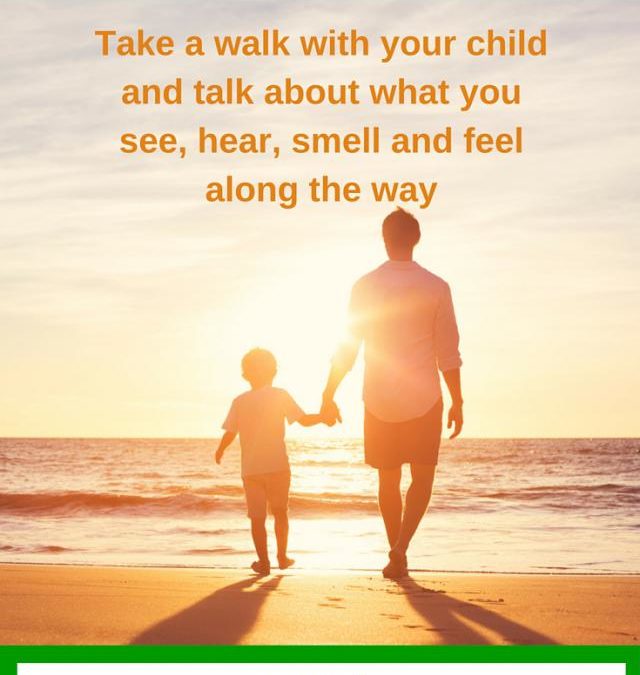I believe that all parents want the best for their children and want to be the best parent that she/he can be. Would you believe me if I told you that it can be simple?
Research shows that children younger than 6 are meant to learn by doing, playing, experiencing and discovering. The Alliance for Childhood states in their report: Reading in Kindergarten- Little to Gain and Much to Lose that “Children learn through playful, hands-on experiences with materials, the natural world, and engaging, caring adults.” Angela Hanscom, pediatric occupational therapist and the founder of TimberNook, has written about the consequences of too much sitting and not enough doing. Children fidget more in school because their core is not strong enough to allow them to sit still for periods of time. Angela believes this is because kids don’t spend enough time outdoors just running and playing developing these muscles.
Today’s parents can feel pressure to constantly be “teaching” something rather than just relaxing and enjoying time with your child.
What does Parenting Simply look like?
- Allowing your toddler to play with empty plastic containers and wooden spoons on the kitchen floor while you cook dinner.
- Taking a walk with your children and talking about what you see, hear, smell and feel along the way.
- Reading, reading and reading some more.
- Imagining new endings to your child’s favorite stories.
- Letting your child get messy- young children develop hand and finger strength and dexterity by finger painting, playing in the sand and mud, playing with clay, playdough and the magical concoction of cornstarch and water that becomes a cross between a liquid and a solid.
- Running, sliding, swinging, rolling down a hill, jumping, balancing, hopping…you get the idea.
- Letting your child get bored and allowing him/her to figure out what to do (this does not include allowing screens to be a choice)
- Let your child learn: this means allowing kids learn from their own choices, as long as the consequences are not dangerous, don’t feel you have to step in. Handling little problems now is like an immunization to handling big problems in the future.
- In order for your children to know how to solve problems, you have to let them have problems.
- In order for your children to know how to handle disappointments, you have to let them have disappointments.
- In order for your children to know how to correct mistakes, you have to let them make mistakes.
I once heard Maya Angelou ask: when your child walks into the room, does your face light up with the pleasure of seeing them? Typically, as soon as we see our kids, we are checking them for problems; are her shoes tied? Is her skirt too short? Are his pants dirty and wrinkled? Imagine how you would feel if, when you enter a room your spouse immediately criticized something about you. As parents we do this without thinking, because we are trying to “improve” our children. Instead, take this opportunity to point out something you admire about them; I love those colors together, Wow! You are so punctual, I am so happy to see you!
What are some ways you enjoy spending time with your child? Think about things you like to do with each of your children individually and then carve out regular time to enjoy these activities together- even for 15 minutes! Just be present when they are speaking to you- put down the phone, close the computer, turn off the TV, look them in the eyes and LISTEN to what they are telling you. Find the time in the day when you child likes to talk to you and make sure you make yourself available then.
Surprise them with your Presence. Give your children your attention. Watch them play and notice how often your young child looks to you for reassurance, praise, pride, confirmation.
Author L.R. Knost is quoted as saying: “Focus more on who your child is than what your child does. Remember you are growing a person, not fixing a problem.”
[button_link url=”http://parent-solutions.com/contact-us/”]Contact Me[/button_link]
Resources:
http://www.allianceforchildhood.org/sites/allianceforchildhood.org/files/file/Reading_Instruction_in_Kindergarten.pdf
http://www.huffingtonpost.com/angela-hanscom/the-real-reason-why-kids-fidget_b_5586265.html
Check out this post on Bizmomclub.com

